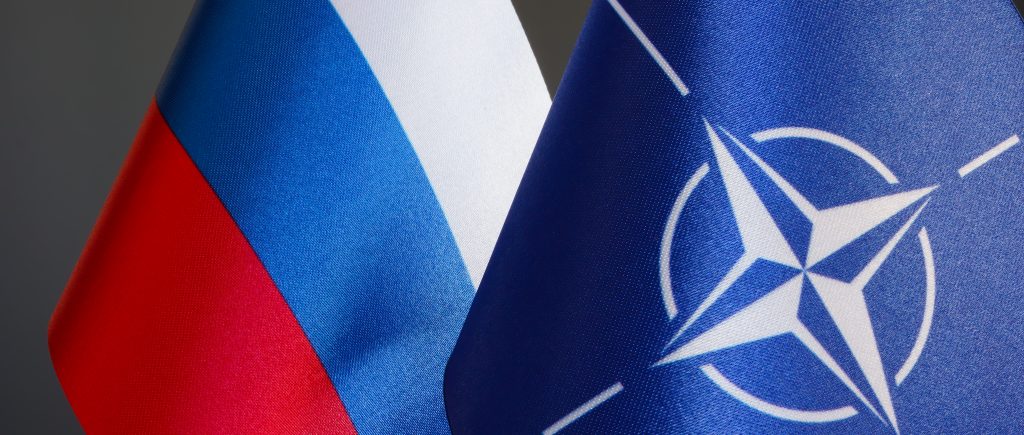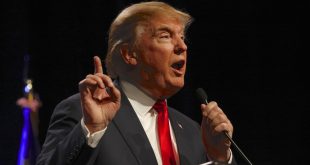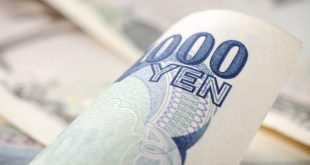
EU Delays 19th Sanctions Package on Russia Amid U.S. Pressure
The European Union has postponed the adoption of its 19th sanctions package against Russia, reflecting divisions within the bloc and growing external pressure from Washington. Originally expected to be presented this week, the measures have been delayed indefinitely, with no clear date set for renewed discussions.
The delay comes as U.S. President Donald Trump intensifies calls for Europe to accelerate its phase-out of Russian oil and gas imports and to target major buyers of Russian energy such as India and China. Washington has also urged European capitals to consider sweeping tariffs on Chinese goods, arguing this would indirectly weaken Moscow’s financial position. However, such proposals face resistance among EU members who remain wary of sparking energy shortages or escalating trade tensions.
The planned sanctions package is believed to include tougher measures against Russian banks, shipping firms, and possibly visa restrictions for Russian citizens. While some EU countries have already halted tourist visas for Russians, others continue to process applications, highlighting the lack of a unified stance. More than half a million Schengen visas were issued to Russian nationals last year, underscoring the complexity of imposing blanket travel bans. Critics warn that indiscriminate restrictions could alienate ordinary Russians and serve Kremlin propaganda efforts.
Energy remains the core issue. The EU has pledged to end Russian fuel imports by 2027, but several member states remain heavily dependent on Moscow’s supplies and are reluctant to bring forward the deadline. Officials insist that a balance must be struck between maintaining pressure on Russia and avoiding sudden price shocks that could destabilize European economies.
The delay illustrates the difficult balancing act the EU faces: aligning with U.S. demands for tougher action while preserving internal cohesion and safeguarding its own economic stability. For now, the 19th sanctions package remains on hold, symbolizing both the bloc’s determination to act against Russia and the limits of its unity when strategic and economic interests collide.
 Noor Trends News, Technical Analysis, Educational Tools and Recommendations
Noor Trends News, Technical Analysis, Educational Tools and Recommendations




